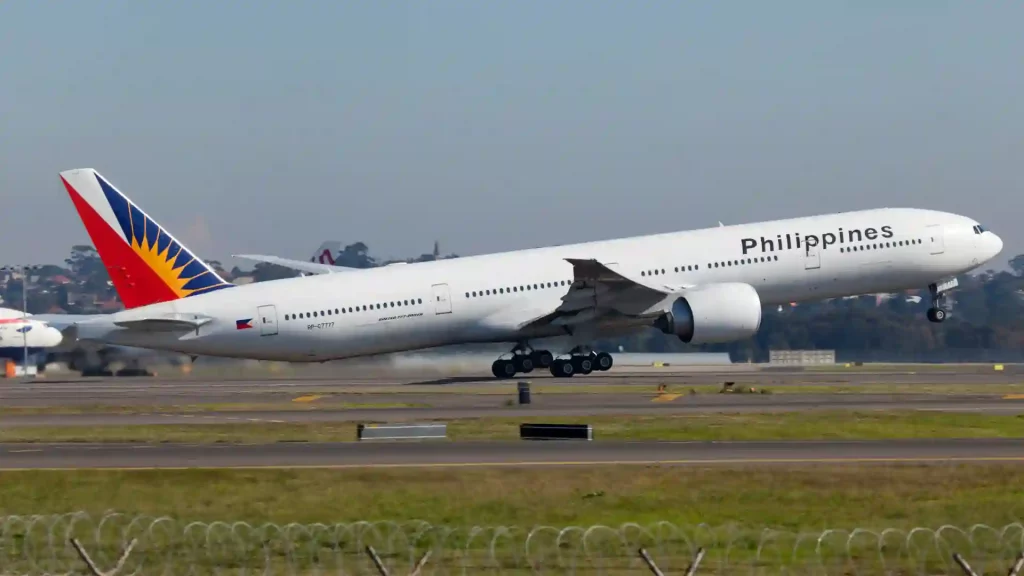Philippines Airlines is undertaking a comprehensive carbon reduction plan and has set 2050 as the year to achieve net zero emissions setting forth the execution of pledges taken in the Paris Agreement and the Glasgow Climate Pact.
Philippine Airlines said on Friday that it is targeting to achieve net zero carbon emissions by 2050. The airline will be taking the help of the noted climate scientist Glen Banaguas to chart out a roadmap for achieving net zero carbon emissions by 2050. As per the press release, PAL is undertaking a comprehensive carbon reduction plan and has set 2050 as the year to achieve net zero emissions setting forth the execution of pledges taken in the Paris Agreement and the Glasgow Climate Pact.
The President and COO of Philippine Airlines, Stanley K. Ng, said on Friday that this decision had been taken at a time when the entire aviation industry across the world was taking concrete steps to prevent irreversible climate change that the scientists had been warning of.
A Comprehensive Net Zero Strategy
PAL has further said that its net zero carbon emission target pertains to both flight and ground operations. The airline already leverages green energy to supply electricity to its major ground offices. It also uses Sustainable Aviation Fuel or SAF (biofuel that results in significantly lesser emissions compared to what conventional jet fuel emits) for a selection of its advanced aircraft.
For its ground operations, PAL has started implementing Single Engine Taxi In (SETI), which enables planes to conserve fuel and reduce emissions. The airplanes operated by PAL also employ reduced acceleration altitude as a fuel efficiency best practice without compromising the safety of passengers onboard.
Who Is Glen Banaguas- the Scientist Appointed by PAL?
Philippine Airlines has appointed the noted climate scientist Glen Banaguas to guide the airline on its path to attaining net zero emissions.
Glen Banaguas is a Filipino climate scientist who was awarded by the United Nations in 2022 for his contribution to reducing risks arising from disasters resulting from climate change. In fact, he is the first and lone Filipino to receive the U.N award in an individual capacity.
Back in 2010, Banaguas came up with Climate Smart Philippines, which brings climate scientists, experts and other stakeholders under a single umbrella to plan and execute actions to fight climate change and catastrophic disasters resulting from climate change. He leverages the power of statistics and data analytics to analyze and study climate change and the disasters brought by it. As a student of Climate Change and Energy and Applied Remote Sensing, Banaguas is capable of applying his theoretical findings to practical work.
What Exactly Is Net Zero Emission?
People seem to use the terms – net zero emission and real zero emission interchangeably. However, there is a difference between the two. In a net zero scenario, a company emits some carbon, but it also has a system of removing the same amount of carbon from Earth’s atmosphere. In a real zero-emission scenario, a company’s activities do not produce any carbon emissions at all. While the latter is, of course, desirable, it is not possible as of now. So we aim for net zero.
Emission From International Aviation Is Ignored while Measuring a Country’s Net Emission
When the net carbon emission from a country is measured, international aviation is not taken into account. This is why it is necessary for countries to proactively reduce net emissions caused by their international carriers. Thus, the role of Philippine Airlines in combating climate change by targeting net zero emissions by 2050 should be appreciated wholeheartedly.
